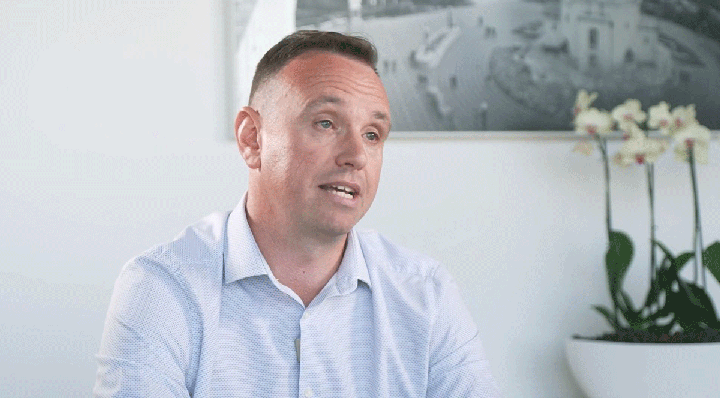Storms Babet, Ciarán, Debi, Elin and Fergus have caused havoc across the UK in recent months, causing many businesses to re-evaluate their flood insurance options.
Choosing the right flood insurance cover for your business is crucial. However, you may find it difficult to find cover due to your previous claims history or because your business location may be undesirable to insurers.
With this in mind, we’ve summarised the options for you and the key differences between them.
What is traditional flood insurance?
A traditional flood insurance policy, often provided within your commercial property insurance policy, covers you up to the value of the sum of the total claim possible under the policy. So, if your property floods, your insurer will assess the loss and pay you the value of damage caused provided it’s within your total sum insured value (minus any excesses or averages).
What is parametric insurance?
Don’t be put off by the term ‘parametric’, it’s very straightforward.
Parametric flood insurance covers the probability of a predefined event happening instead of insuring actual loss incurred from a flood.
The difference with parametric insurance is that it doesn’t use the sum insured value. Rather than assessing the value of the claim after a flood, you pre-select the amount you need when taking out the policy. You’re then paid that amount when flooding reaches the depth that you select. It benefits you in that claims often take just a few days from flood to full payout.
Parametric vs. traditional flood insurance – what’s best?
It’s not always an either/or decision as these insurance types can complement each other to provide the best outcome for you. Here are some of the questions you should ask yourself to help determine whether you need parametric flood insurance or traditional flood insurance:
- Is it available to landlords and businesses? Both parametric and traditional flood insurance are available to landlords and businesses, even if your business is run from a private residence.
- Is there an excess? With a parametric flood insurance policy there is no excess. Traditional flood policies do not always include an excess. However, flood insurance is increasingly seeing an excess applied to keep the insurer’s costs down.
- Can I pick my own premium? Traditional flood insurance premiums are set by the insurer and are based on a number of factors, including the value of the sum insured, the risk controls in place to limit loss, and your claims history. Parametric flood insurance allows you to select the settlement amount and trigger depth to an amount that works for you.
- Is there a loss adjustment? In the event of a claim, traditional flood insurance will employ a loss adjuster to investigate the cause of the loss or damage to establish whether the loss is covered under your insurance policy terms and limits. This may affect the final settlement amount. There’s no loss adjustment with parametric flood insurance, providing the agreed flood depth and triggers have been met.
- Can I spend the payout how I want? This may depend on the terms of your policy and the extent of your loss. Traditional flood insurance policies often have terms where you must agree what can be included in your claim, such as replacement items. Parametric flood insurance policies will send you the agreed settlement amount in full as soon as the water levels at your property reach the agreed trigger depth. You’ll be able to use the cash as you wish with no restrictions.
Here to help
We’ve partnered with FloodFlash – offering parametric flood insurance - to raise awareness of flood issues and offer flood insurance to businesses that have previously missed out, or even struggled with expensive or high excesses.
We can help you understand and decide what solution is right for your business, so you’ll have peace of mind that should the worst happen, you’re covered and can get back to what’s important – running your business. Contact your usual adviser, or get in touch with our team.
Real-world insight that we don't share anywhere else
Get access to exclusive help, advice and support, delivered straight to your inbox.











